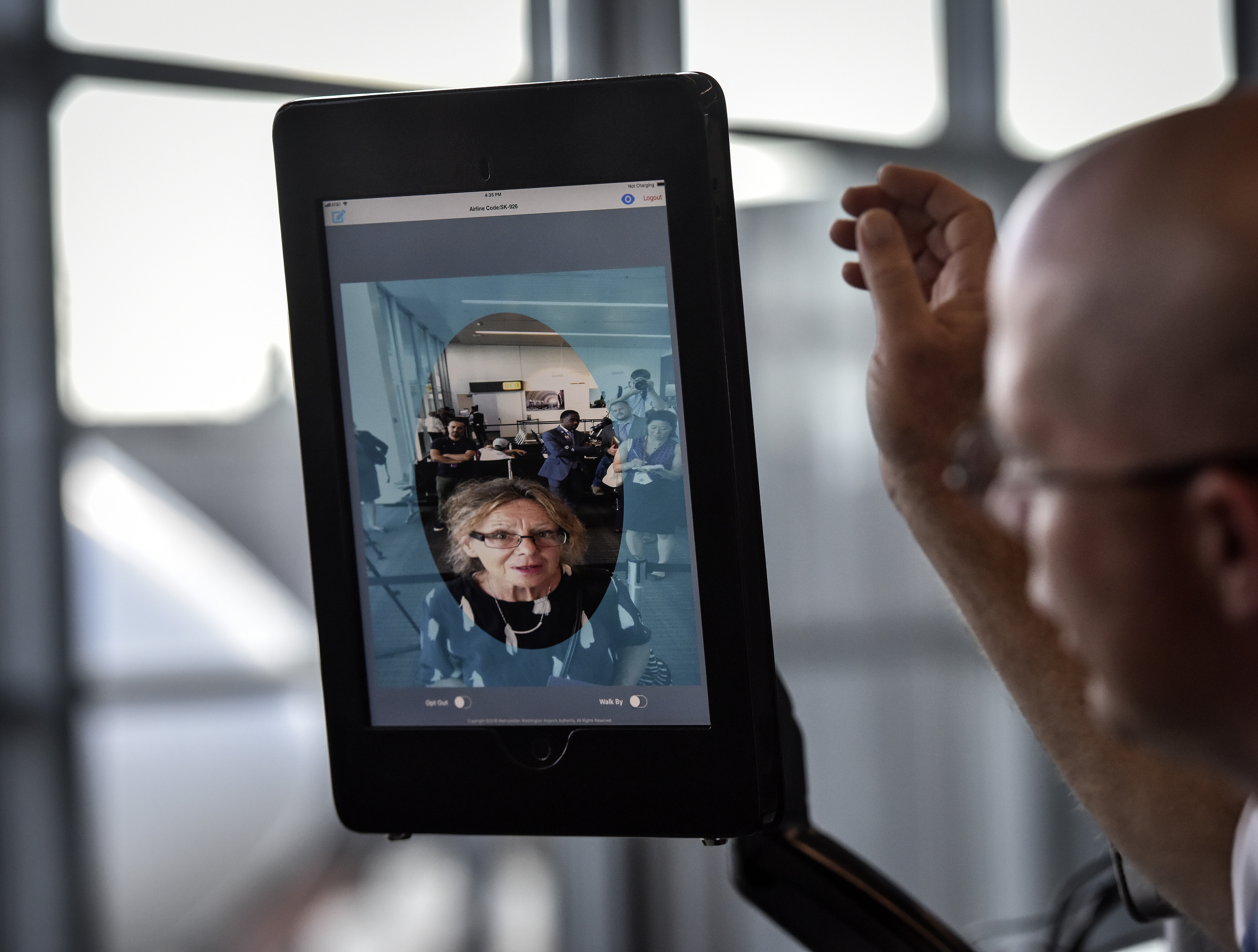INSUBCONTINENT EXCLUSIVE:
Homeland Security wants to expand facial recognition checks for travelers arriving to and departing from the U.S
to also include citizens, which had previously been exempt from the mandatory checks.
In a filing, the department has proposed that all
travelers, and not just foreign nationals or visitors, will have to complete a facial recognition check before they are allowed to enter the
U.S., but also to leave the country.
Facial recognition for departing flights has increased in recent years as part of Homeland Security
efforts to catch visitors and travelers who overstay their visas
The department, whose responsibility is to protect the border and control immigration, has a deadline of 2021 to roll out facial recognition
scanners to the largest 20 airports in the United States, despite facing a rash of technical challenges.
But although there may not always
be a clear way to opt-out of facial recognition at the airport, U.S
citizens and lawful permanent residents — also known as green card holders — have been exempt from these checks, the existing rules
say.
Now, the proposed rule change to include citizens has drawn ire from one of the largest civil liberties groups in the country.
&Time
and again, the government told the public and members of Congress that U.S
citizens would not be required to submit to this intrusive surveillance technology as a condition of traveling,& said Jay Stanley, a senior
policy analyst at the American Civil Liberties Union .
&This new notice suggests that the government is reneging on what was already an
insufficient promise,& he said.
&Travelers, including U.S
citizens, should not have to submit to invasive biometric scans simply as a condition of exercising their constitutional right to travel
The government insistence on hurtling forward with a large-scale deployment of this powerful surveillance technology raises profound privacy
concerns,& he said.
Citing a data breach of close to 100,000 license plate and traveler images in June, as well as concerns about a lack of
sufficient safeguards to protect the data, Stanley said the government &cannot be trusted& with this technology and that lawmakers should
intervene.
When reached, spokespeople for Homeland Security and Customs - Border Protection did not immediately have comment.
CBP says
traveler photos and license plate images stolen in data breach

